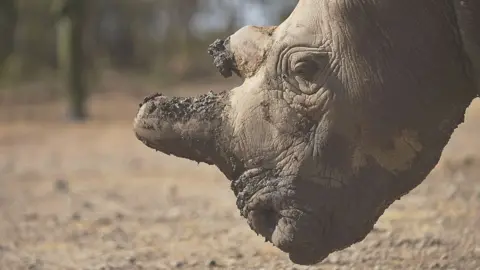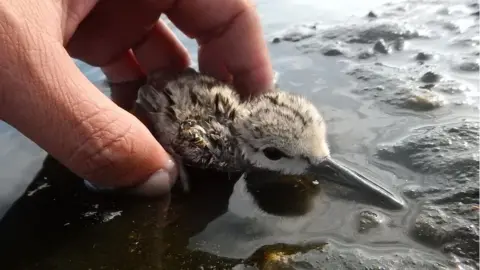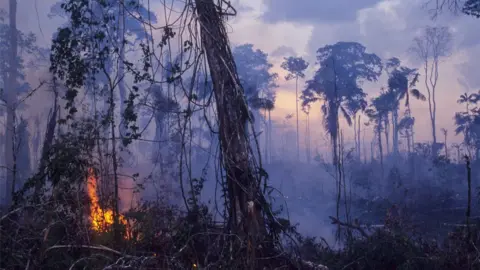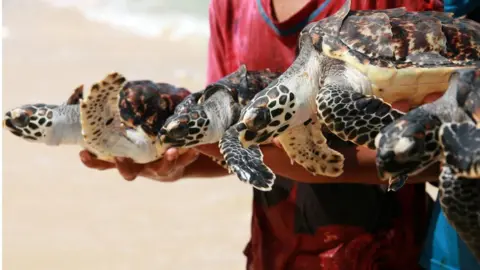Extinction crisis: Five things you should know
 Getty Images
Getty ImagesThe world's in the midst of an extinction crisis, with plants and animals being lost at a rate not seen since the demise of the dinosaurs. At the end of a key international conference, BBC News spoke to Cristiana Pașca Palmer, executive secretary of the UN Convention on Biological Diversity, about global efforts to stem the destruction of nature - and what individuals can do.
Understand the implications of biodiversity loss
The variety of plant and animal life in the world (biodiversity) is a capital we can't afford to lose, she says. By losing it, we disrupt the web of life that supports us.
"I tend to refer to [biodiversity loss] as a silent killer," she says, "because the impact is not as visible as climate change, but in many respects, it's a lot more dangerous".
 Getty Images
Getty ImagesThink about what you eat
What you consume has implications for the health of the plant.
"I'm not saying that everyone should go vegetarian," says Ms Pașca Palmer. "But, there should be an understanding that our meat preferences contribute to climate change, which in turn contributes to affecting habitat and the ecosystems."
 Getty Images
Getty ImagesThink about what you buy
We're increasingly able to trace things back to their source, for example the timber used to make furniture, and the food we buy in the shops.
"The consumer can be informed," she says. "For example, your tuna sandwich - where is that tuna coming from? Is that a habitat which is affected or threatened?"
Care about small plants and animals as well as big charismatic ones
Ms Pașca Palmer says she is often asked why we should care about a butterfly going extinct in the Amazon, or the loss of a little beetle.
 Getty Images
Getty Images"The point is that if we lose them we lose their role in the broader system," she says. "And progressively we will see also with climate change the impact - a changing of the good functioning of the ecosystems."
Give everyone a voice
She says efforts to address the loss of nature involve a broad consultative process, that is inclusive and transparent, and takes on board views from the business community, indigenous people, youth and civil society.
Follow Helen on Twitter.
